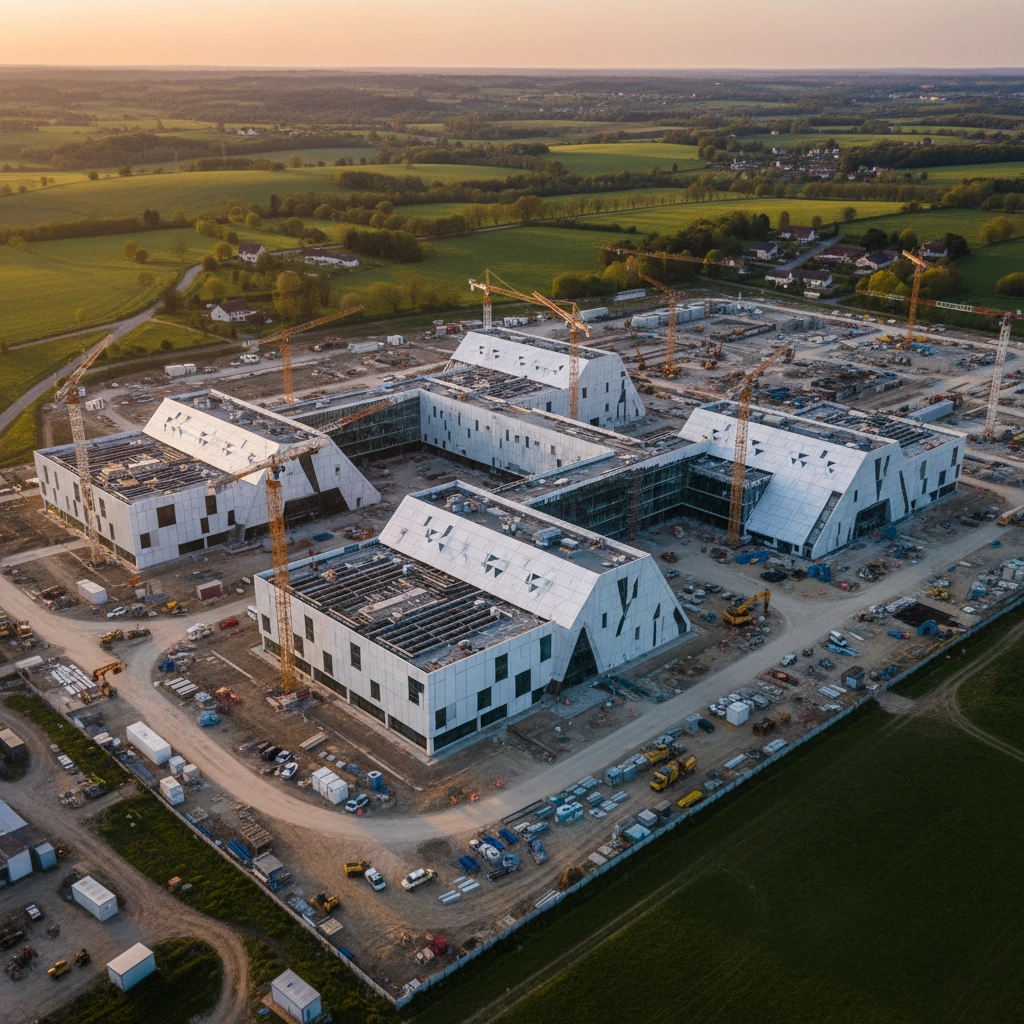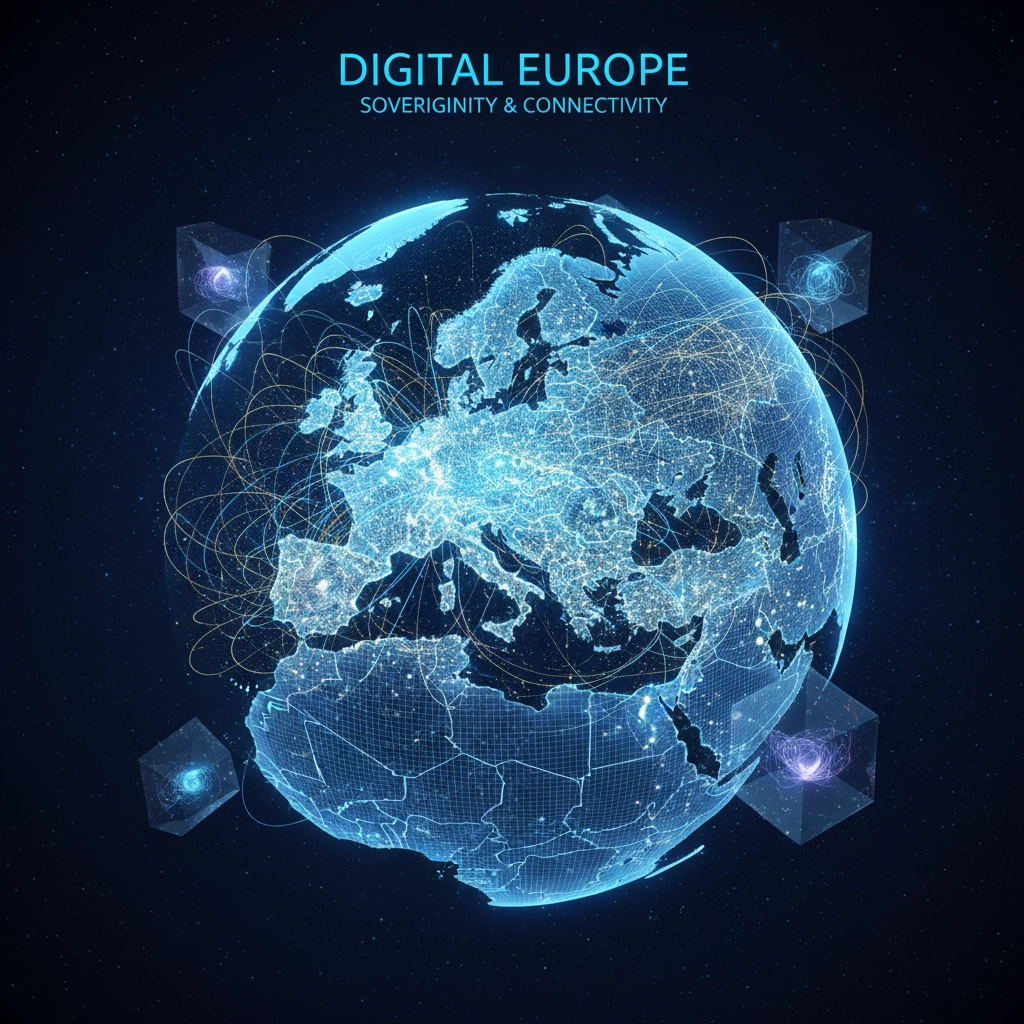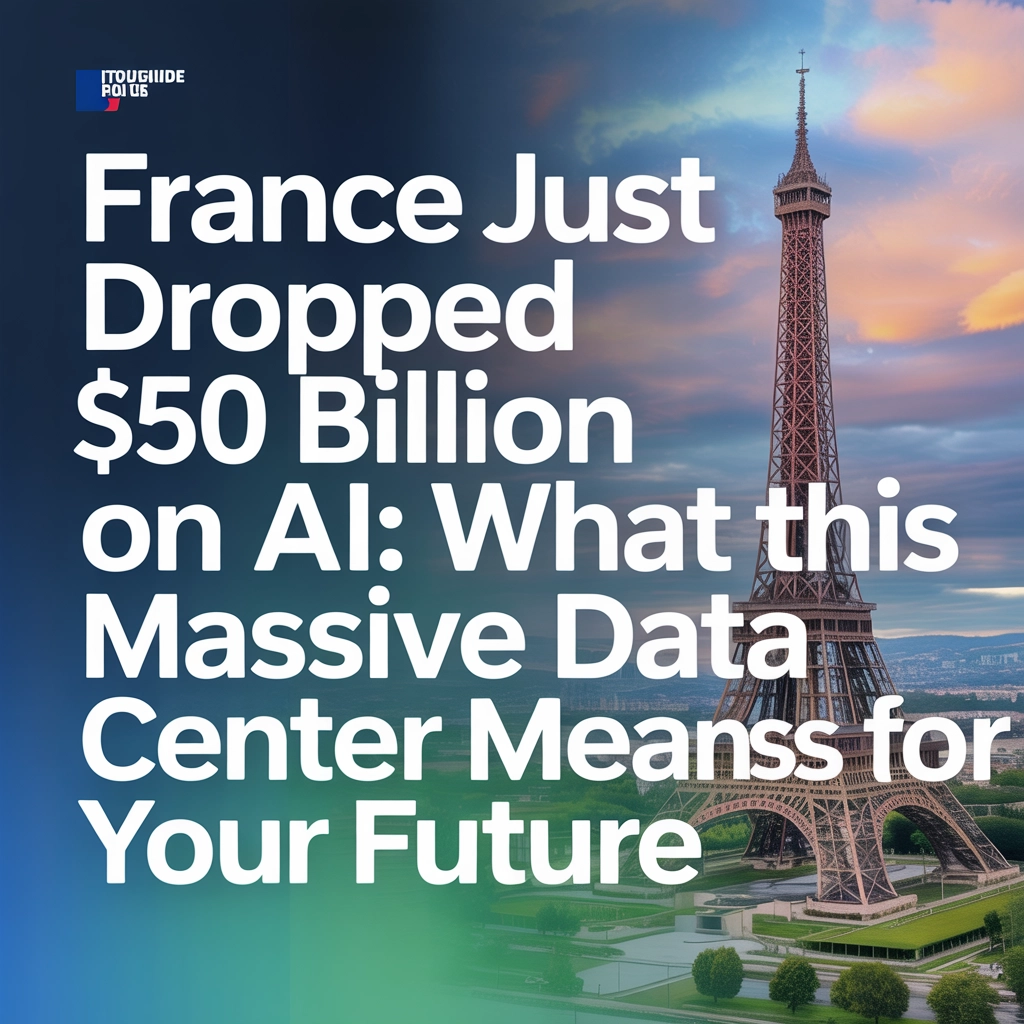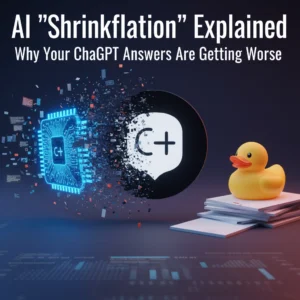Ever wonder what $50 billion buys you in the AI world? Well, France just showed us. In February 2025, they partnered with the UAE to build something that'll make Silicon Valley sweat a little.
We're talking about the biggest AI data center Europe has ever seen. One gigawatt of pure computing power. To put that in perspective, that's enough electricity to power about 750,000 homes. Except instead of keeping your lights on, it'll be training the next generation of AI that might just change how you work, shop, and live.
What's Actually Happening Here
Let's cut through the fancy press releases. France and the United Arab Emirates announced they're pooling together €30-50 billion (that's roughly $31-52 billion) to build an absolutely massive AI campus. French President Emmanuel Macron and UAE President Sheikh Mohamed bin Zayed Al Nahyan shook hands on this deal at the Élysée Palace, right during a global AI summit in Paris.

The numbers are wild:
- Up to 1 gigawatt of computing capacity
- 35 potential locations across 1,200 hectares in France
- Thousands of jobs created
- The largest AI-dedicated campus in Europe
But here's the thing that caught my attention. This isn't just about building another data center. They're creating what they call "virtual data embassies." Sounds like sci-fi, right? It's basically a way for both countries to keep their data secure and maintain control over their AI development. No more depending entirely on American or Chinese tech giants.
The timing wasn't random either. This announcement came right as Chinese startup DeepSeek was making headlines with their breakthrough AI models. France's AI Minister Clara Chappaz basically said, "This is just the beginning" and positioned this as Europe's chance to finally catch up in the AI race.
Why This Changes Everything for Europe
Remember when everyone said Europe was falling behind in tech? Well, this is their answer. For years, the AI conversation has been dominated by two players: Silicon Valley and China. European countries have been stuck buying AI services instead of building them.
Here's a story that'll make this real for you. Last year, my friend Sarah who runs a small marketing agency in Berlin told me she felt completely dependent on American AI tools. "Every month, I'm sending money to OpenAI, Google, or some other U.S. company," she said. "What happens if they change their terms or cut off access?"

That's exactly the problem France is trying to solve. This massive investment gives Europe its own AI infrastructure. No more relying on servers in California or Beijing. European data stays in Europe, under European laws and privacy standards.
The energy angle is genius too. France gets about 65% of its electricity from nuclear power and another 25% from renewables. That means this AI campus can run on clean energy while tech giants in other countries struggle with their carbon footprints. It's a competitive advantage that could attract even more AI companies to set up shop in Europe.
What This Means for Your Daily Life
You might be thinking, "Cool story, but how does this affect me?" Fair question. Here's where it gets interesting.
First, you'll probably see more AI services designed specifically for European users. Think AI assistants that understand European languages better, respect GDPR privacy laws from day one, and work within European cultural contexts. No more feeling like you're using AI built primarily for American users.
The job market is about to shift too. This project will create thousands of direct jobs in AI research, data center operations, and tech support. But the ripple effects are bigger. Every major AI project needs:
- Semiconductor specialists
- Renewable energy engineers
- Data security experts
- AI ethics researchers
- Technical writers and trainers

If you're in tech or thinking about getting into it, this could open doors that didn't exist before. Europe is essentially saying, "We're not just going to buy AI anymore. We're going to build it."
The research focus on open-source AI is huge too. Yann LeCun, who heads Meta's AI research, has been pushing for more open AI development. This campus could become a hub for AI that's transparent and accessible, not locked behind corporate paywalls.
The Bigger Picture
This isn't just about France flexing its economic muscles. It's about reshaping the entire global AI landscape. For too long, AI development has been concentrated in a few tech hubs. This project is basically Europe saying, "We want a seat at the table where AI's future is decided."
The "virtual data embassies" concept is particularly clever. It lets both France and the UAE maintain sovereignty over their AI development while sharing resources and expertise. Other countries are watching this model closely. Could we see similar partnerships between other nations?

The sustainable energy aspect can't be overstated either. As AI models get bigger and hungrier for computing power, their energy consumption becomes a real problem. By running on clean French nuclear and renewable energy, this campus could set new standards for responsible AI development.
There's also the geopolitical angle. Right now, if tensions rise between the U.S. and Europe, or if China restricts AI exports, European businesses could be left scrambling. Having their own AI infrastructure provides strategic independence that goes beyond just business considerations.
What's really exciting is the focus on moving "AI from research laboratories to real-world institutions," as France's AI Minister put it. This suggests we'll see faster translation of AI breakthroughs into practical applications that actually help people.
Will this massive bet on European AI infrastructure pay off, or are France and the UAE about to learn some expensive lessons about competing with Silicon Valley and Shenzhen?







